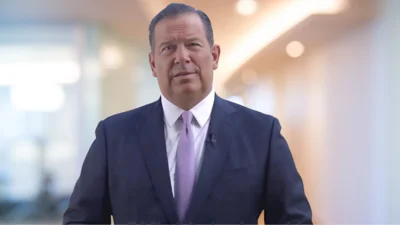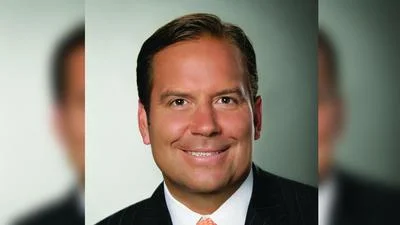Gov. J.B. Pritzker | Photo Courtesy of Gov. J.B. Pritzker Facebook
Gov. J.B. Pritzker | Photo Courtesy of Gov. J.B. Pritzker Facebook
The Republican State Leadership Committee is criticizing Illinois' upcoming tax increases on gas and groceries, which will take effect Saturday, July 1.
“Illinois Democrats are once again raising taxes on the hardworking people of the Prairie State!” the Republican State Leadership Committee said on Facebook. “Democrats are raising the state's gas tax another 3.1 cents to a total of nearly 50 cents on every gallon!”
Two taxes on essential items in the state are set to increase. Illinois's gas tax will rise by 3.1 cents per gallon, bringing the total tax to 45.4 cents, marking the second increase in the motor fuel tax this year, Andrew Hensel wrote on The Center Square.
Additionally, Illinoisans will again be charged a 1% tax on groceries, which was temporarily suspended during last year's election cycle. Gov. J.B. Pritzker defended the reinstatement, citing the need for local government funding, while critics argue that the tax increases place a burden on residents who are already facing high property taxes. The state's recently approved fiscal year 2024 budget also includes other fee increases.
Illinois implemented a gas tax increase on Jan. 1, adding 3.2 cents per gallon of gas, resulting in the state having the second-highest gas tax in the United States after California. The State Motor Fuel Tax in Illinois is currently set at $0.423 per gallon of gasoline and $0.498 per gallon of diesel fuel until June 30, Mahomet Daily reported.
The end of the one-year suspension of the grocery tax, implemented by Pritzker during his election year, is notable given that the overwhelming majority of states don’t tax food. Despite discussions on making the tax suspension permanent, the majority of state lawmakers opted against joining the states that do not tax groceries at all. According to Illinois Policy, only 13 states in total tax groceries, and Illinois is the only one among the ten most populous states to impose a tax on groceries.






 Alerts Sign-up
Alerts Sign-up